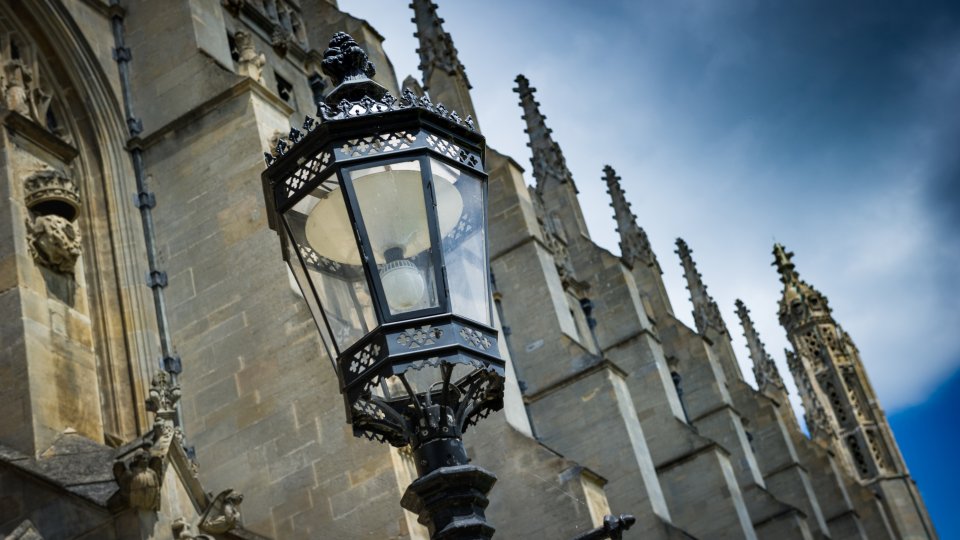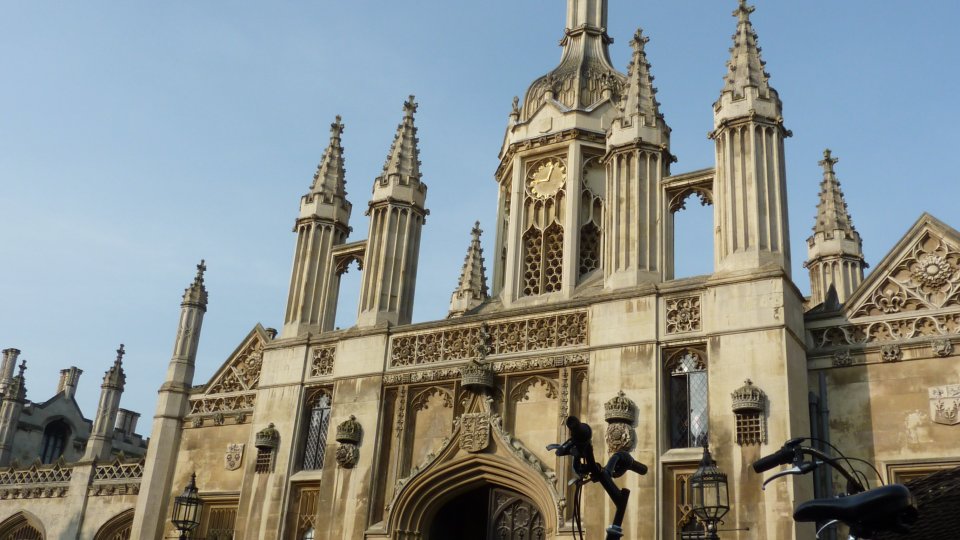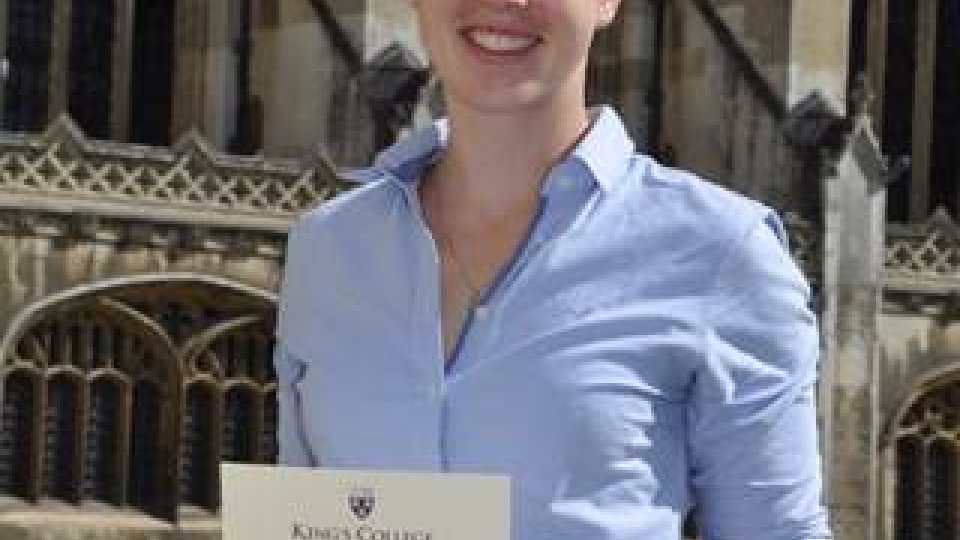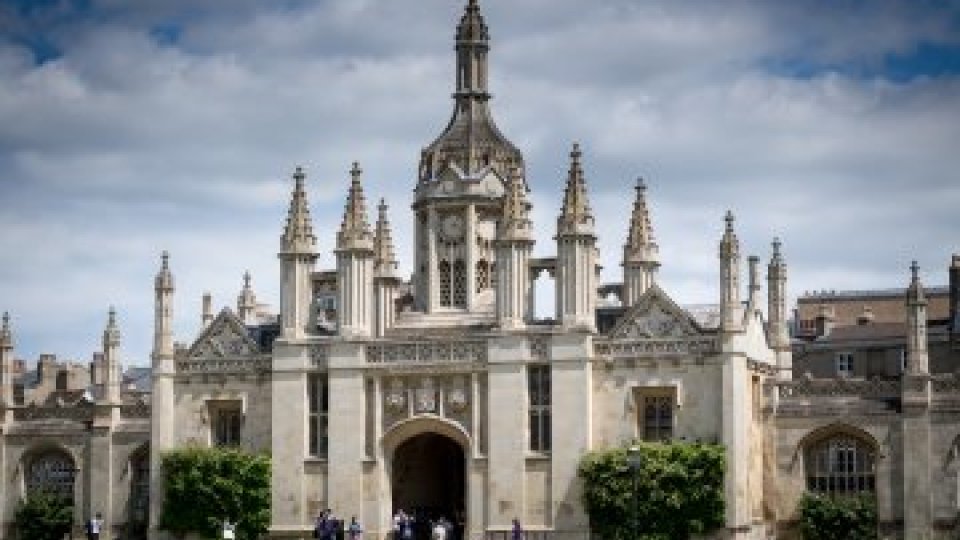
At a meeting of the Fellows of King’s College on 22 October 2018, it was agreed that:
- We welcome the findings of the Joint Expert Panel’s (JEP’s) Report on the 2017 valuation, noting in particular that it does not support the valuation methodology adopted by the USS Trustee, and finds that the Pensions Regulator adopted too negative a view of the strength of the employer covenant (a judgment which had significant effects on the valuation). We note in particular that a swift move of investments into gilts - on the basis of an imagined and somewhat unlikely projected future 20 years hence - has the perverse effect of consolidating and amplifying a notional “deficit”.
- On the basis of the Report we see no reason to move away from a scheme that includes a substantial Defined Benefit element. While recognizing that any final outcome will require more detailed modelling, we support the JEP's call for the 2017 valuation to be adjusted in light of their findings to secure comparable benefits to members.
- We strongly support the move to phase 2 of the JEP's work, addressing future strategy. With regard to any longer term proposals, we think it extremely important for the long-term health of the higher education sector – not only in Cambridge but for the UK as a whole – to retain a pension scheme that is at least comparable to the status quo, in the benefits offered and in the relative allocation of costs and risk as between employers and employees.”
The meeting also considered a set of questions about USS pensions posed by Universities UK to employers, and agreed the reply reproduced below.
Questions for Employers
This reply has been considered by the Governing Body of King’s College. However, almost all of the Fellows are members of USS as well as being responsible for the conduct of the College as members of its Governing Body. We are therefore conflicted. Having taken legal advice, the Governing Body considers that it is not able to formally decide on the position the College should take as an employer due to Charity Commission rules. Nonetheless, the Fellows are deeply concerned about USS and, as individuals rather than trustees, strongly support the statements made below. These were agreed at an informal meeting of the Fellowship. We hope that our reply will assist both Universities UK and the USS Trustee in coming to a conclusion about the best way to proceed.
1. Would your institution support the JEP recommendations regarding the 2017 valuation (see Table 2 - page 10), in overall terms, subject to the acceptance of such a position from the USS Trustee (and TPR as appropriate)?
Yes, provided that it is accepted by the USS Trustee (and TPR as appropriate).
2. What further information would you need to provide a final view for question 1?
We would need confirmation of the approval from the USS Trustee (and TPR as appropriate).
Confirmation of these matters is all that we would require. In the longer term, however, we expect the second phase of work proposed by the JEP to be accepted. We think that it is essential that certain issues are considered further and the second phase of the JEP should provide an opportunity for this. These issues include a review of the varying risk profile across the sector. The changing landscape for borrowing in the Higher Educations sector, the uncertainty over both University funding and access for foreign students, have introduced variables that may affect the relative financial strength across the sector, and may already have affected the attitude of different institutions towards risk. In order to preserve the mutual scheme and protect USS members, it is essential that a full and rigorous evaluation of the financial strength of employer institutions is undertaken since we all share the risk of institutions failing.
A second issue is the attitude of TPR towards the investment profile of the USS fund. We do not believe that it would be acceptable for USS to be obliged to invest in ways that decrease the expected return, particularly in an environment where the gilts market is artificially controlled. If that happened, we would expect USS to work with UCU and Universities UK to explore alternative pension arrangements that would provide better value to USS members and to employers.
Finally, we urge Universities UK to seek disclosure by USS of all information required to fully understand and test the current valuation and future valuations.
3. Employers currently pay 18% towards the USS scheme, and the mandate agreed immediately following the ACAS discussions was 19.3%. If the recommendations of the JEP were accepted in full by all parties, the outcome would be that existing benefits - minus the employer match of 1% - could be provided at an indicative employer contribution of 20.1% of salary (with a member contribution of 9.1%).
- (a) Would you accept employer contributions at that level?
- (b) If not, what balance of additional risk, higher contributions and/or benefit change would you prefer to see as an outcome?
- (a) Yes, through to the next valuation.







